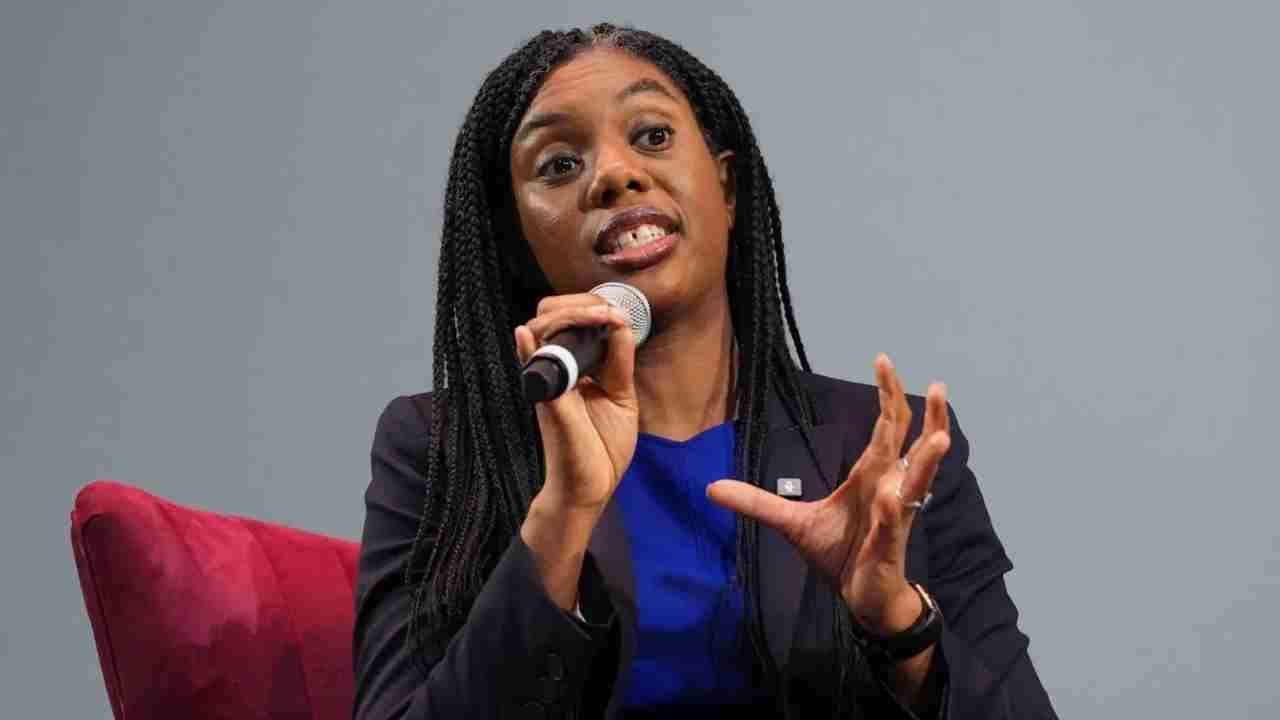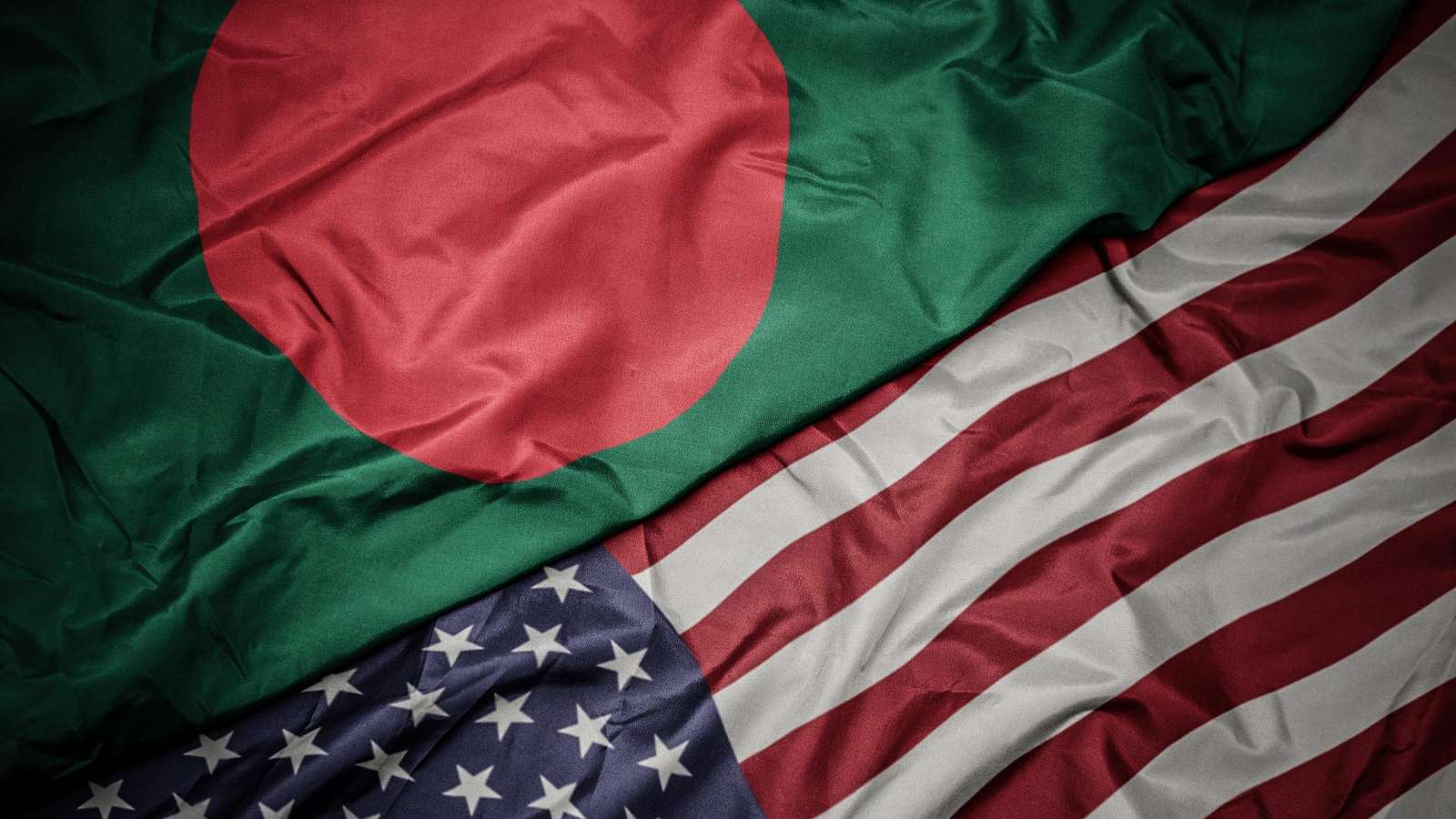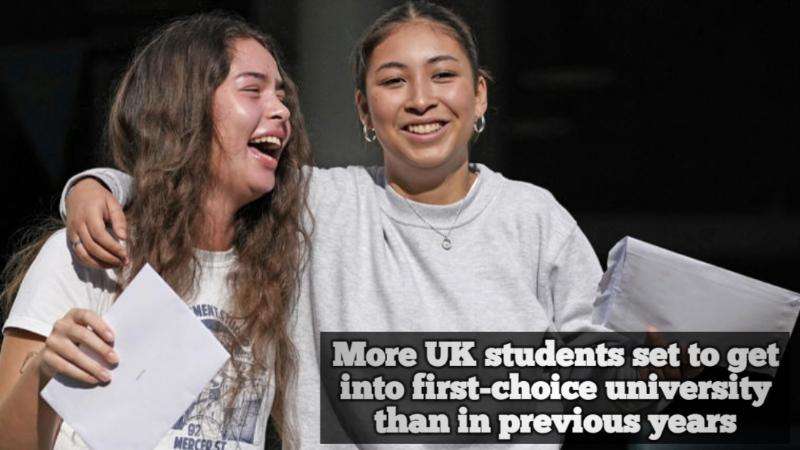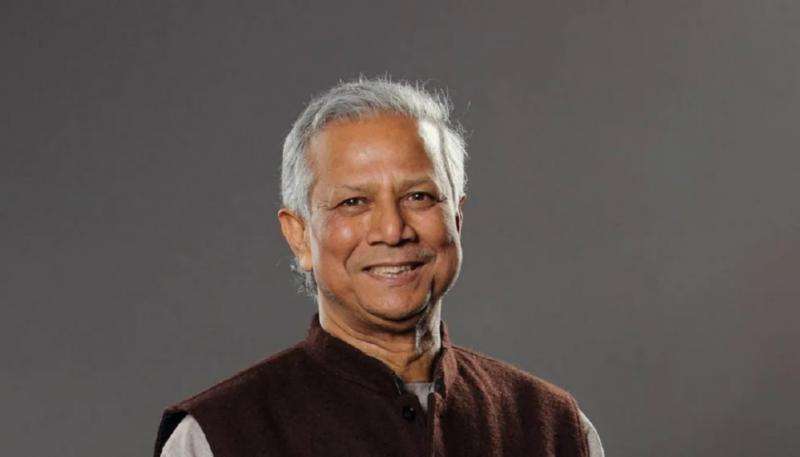Bangladesh- US relations will get a new momentum in the coming days as the new interim government, headed by Nobel laureate Professor Dr. Muhammad Yunus, took oath in the city on Thursday, according to economists, politicians and policy-makers.
Nobel laureate Professor Dr. Muhammad Yunus was sworn-in as the chief advisor of a 17-member interim government Thursday evening. President Mohammed Shahabuddin administered the oath at the Durbar Hall of the Bangabhaban in the city.
Former Bangladesh Ambassador to USA Humayun Kabir while talking to this correspondent said the Bangladesh-US relations will get a momentum as Dhaka has multilateral engagement with Washington.
The USA is the single largest export destination of Bangladeshi products, the single largest donor and development partner, several thousand Bangladeshis are pursuing their higher education every year and one of the top countries in case of foreign direct investment (FDI) in Bangladesh
The relations with the USA suffered heavily during recent years as the ousted Prime Minister Sheikh Hasina declined to the USA expectation of holding credible, partial, neutral parliament elections in 2014, 2018 and 2018.
Bangladesh was liberated in 1971 with an expectation that democratic and social values, voting and human rights and social justice would be ensured. Sheikh Hasina had humiliated basic values of human rights during the last 15 years.
Awami League (AL) President Sheikh Hasina was sworn in as the country's prime minister on January 7, 2009 and retained the power until August 5, 2024.
Under massive student protest, Sheikh Hasina was compelled to tender resignation to President Mohammed Shahabuddin on August 5, 2024.
Meanwhile, the United States (US) is ready to work with the Bangladesh interim government and welcomed its chief adviser Dr Muhammad Yunus's call for an end to the recent violence.
"We welcome Dr. Yunus's call for an end to the recent violence, and we stand ready to work with the interim government and Dr. Yunus as it charts a democratic future for the people of Bangladesh," said US Department of State Spokesperson Matthew Miller while responding to a question at a regular briefing in Washington on Thursday (local time).
He said there has been communication with the interim government, and the US Embassy Charge De' Affaires attended the interim government's swearing-in event at Bangabhaban on Thursday night.
Meanwhile, the number of Bangladeshi students studying in the United States is at an all-time high. The U.S. Embassy is pleased to announce that 13,563 Bangladeshi students chose to study in the United States during the 2022-2023 academic year, according to the 2023 Open Doors Report on International Educational Exchange. The current number of Bangladeshi students in the United States represents a 28% increase from the previous academic year (2021-2022) and one of the highest overall increases in the world.
The number of Bangladeshi undergraduate students increased by more than 50%, with 2,500 students enrolled in undergraduate (bachelor’s and associate degrees) studies. Nearly 10,000 Bangladeshi graduate students are studying at U.S. institutions, making Bangladesh seventh in the world for graduate student enrollment in the United States.
During the past decade, Bangladeshi students in the United States have increased by more than 300%, from 3,314 students during the 2011-2012 academic year to 13,563 students during the 2022-2023 academic year.
The U.S. Department of State’s Bureau of Educational and Cultural Affairs and the Institute of International Education jointly release the annual Open Doors Report, which records the number of international students at U.S. universities and international students enrolled in pre-academic Intensive English Programs. The total number of international students in the U.S. surpassed one million and rebounded to near pre-pandemic levels. The 2022-2023 academic year was the fastest growth rate of international students studying in the United States in four decades.
“We are excited to see that more and more Bangladeshi students are choosing the United States for higher education study. From engaging in groundbreaking research to enriching campus life through cultural programs, Bangladeshi students continue to make impressive achievements across U.S. campuses.” said the then U.S. Ambassador to Bangladesh, Peter Haas, in 2023.
Syed Ershad Ahmed, President of The American Chamber of Commerce in Bangladesh (AmCham), and Country Manager & Managing Director, Expeditors (Bangladesh) Ltd, while talking to this correspondent said that
Washington’s engagement with Dhaka will increase in the coming days as Bangladesh is likely to see increased USA investment in the coming days with a better environment. He said Bangladesh should work on improving the business environment in to bid to woo FDI.
Though the USA lost position to the UK last year, Syed Ershad Ahmed said that the cumulative investment by the USA companies over the years is still highest in Bangladesh.
Though the USA retained the top position in terms of foreign direct investment (FDI) in Bangladesh over the years, the previous calendar year saw the United Kingdom regained the top position in a changing environment.
According to the Bangladesh Bank data, UK investors reigned top position with 560.68 million US dollars followed by US companies with 354.19 million US dollars. Bangladesh attracted FDI worth 3479.95 million during the last year.
The cumulative net equity capital inflows in Bangladesh stood at USD 10259.65 million from 2006 to 2021, of which cumulative highest share of investing countries were USA: USD 2066.22 million or 20.1%, Singapore: USD 1586.12 million or 15.5%, People‟s Republic of China: USD 780.88 million or 7.6%, Netherlands: USD 684.27 million or 6.7%, U.A.E.: USD 642.20 million or 6.3% and Malaysia: USD 578.67 million or 5.6% of that period. Whereas in the year 2021, the share of investing countries FDI equity inflows were U.S.A.: USD 554.80 million, People‟s Republic of China: USD 210.62 million, Singapore: USD 118.95 million, Mauritius: USD 32.99 million, U.A.E.: USD 31.13 million and Hong Kong: SAR of China: USD 29.54 million. The top ten countries accounted for almost 79.8% of the total equity capital inflows during the entire period (2006 – 2021), according to Bangladesh Bank.
Syed Ershad Ahmed, however, said that the decision making and capacity building of the stakeholders concerned of Bangladesh should be improved in negotiating with stakeholders in the energy and mineral sectors of the multinational companies. He said indecision of the Bangladeshi stakeholders in negotiating with stakeholders of the US energy companies stood in the way of new investment in the energy sector.
The USA energy giant ConocoPhillips’ left Bangladesh as the state-owned Petrobangla’s (Bangladesh Oil, Gas & Mineral Corporation) decision on the Production Sharing Contract (PSC) on offshore gas exploration did not match with the US energy company.
ConocoPhillips’ Asia Pacific operations during 2022 consisted of producing fields in China, Indonesia, Malaysia and Australia, as well as liquefied natural gas (LNG) production and export in Australia, according to the international news.
The company produces from fields in China’s Bohai Bay, fields in Block G, Block J and the Kebabangan Cluster (KBBC) in Malaysia, and the Australia Pacific LNG project has delivered stable production since its start-up in 2015.
In the first quarter of 2022, ConocoPhillips closed the sale of its Indonesia assets and completed the purchase of an additional 10% shareholding interest in APLNG, coring up the important Asia-Pacific segment.
Bangladesh won a legal battle against Myanmar and India in 2012 and 2014 to fix the maritime areas of the respective countries.
"We need to let the companies start the exploration process now. If one discovery is made, the scenario will change and many IOCs will develop a keen interest to explore here. And when the ball is in our court, we may negotiate with terms more favourable to us," said Badrul Imam, honorary professor at the University of Dhaka's geology department.
Bangladesh has become one of the most attractive emerging markets globally. The gross FDI received from calendar year 2018 to CY 2022 is USD 20626.75 million and net FDI stood USD 15426.34 million. These funds over the years have helped the country in advancement of technology, skill up gradation, employment generation, better infrastructure and management.
Gross FDI inflows during the year 2022 received USD 4827.29 million. The size of disinvestment (included capital repatriation, reverse investment, loans to parents, and repayments of intra-company loans to parents) during the year 2022 recorded USD 1347.34 million which was 27.9% of gross FDI inflows. Hence, net FDI inflows in Bangladesh during the year 2022 were USD 3479.95 million.
Gross FDI inflows during the quarters January-March, April-June, July-September and October-December of the year 2022 were USD 1202.37 million, USD 1104.31 million, USD 1432.41 million and USD 1088.20 million respectively.
Disinvestment during the quarters January-March, April-June, July-September and October-December of the year 2022 were USD 313.89 million, USD 316.83 million, USD 332.25 million and USD 384.37 million respectively.
Net FDI inflows during the quarters January-March, April-June, July-September and October-December of the year 2022 were USD 888.48 million, USD 787.48 million, USD 1100.16 million and USD 703.83 million respectively.
The country’s overall Net FDI inflows increased by USD 584.39 million or 20.2% in the year 2022 over the year 2021. The increase in overall Net FDI inflows during the year 2022 was mainly due to increase in Reinvested earnings (net) by USD 952.70 million (or 61.0%) but equity capital (net) decreased by USD 116.07 million (or 10.2%) and Intra-company loans decreased by USD 252.24 million (or 129.6%).
To a question how Bangladesh can attract US investment in the Indian ocean on a win-win basis, Dr Ijaz Hossain, Professor of Department of Chemical Engineering of Bangladesh University of Engineering and Technology (BUET), said “Bangladesh did manage to attract investment from USA companies in its oil and gas sector. Several oil and gas companies got involved in exploration during the mid-nineties. In fact, one of the largest fields, which is providing nearly 50% of our present gas supply, was discovered by an American company, Occidental, in 1998. UNOCAL later joined Occidental; but Chevron acquired UNOCAL. At that time many other USA companies showed interest in exploring for oil and gas in Bangladesh, but Bangladesh failed to attract these companies. At that time the left-wing parties mounted a severe campaign against USA interest in Bangladesh. This has created a very negative impact among the USA companies.
The USA is the leading country in terms of technology to extract oil and gas. The center of excellence and of advanced technologies relating to oil and gas are North America and a portion of EU (Norway and UK). Not only do these two regions have the best technology, they also have spare cash to invest. However, it is not easy to attract USA investment. There are three main reasons.
According to the Bangladesh Bank's report, as of June 2022, the United States holds the largest foreign direct investment (FDI) stock in Bangladesh, amounting to $4.15 billion. The United Kingdom follows with $2.42 billion investment, while Singapore holds the third position with $1.61 billion, and China takes the fourth spot with $1.47 billion.
Meanwhile, a UN tribunal in 2014 awarded Bangladesh nearly four-fifths of an area sprawling over 25,000 sq km (9,700 sq miles) in the Bay of Bengal, ending a dispute over a sea border with India that has ruffled ties between the neighbours for more than three decades.








.svg)


